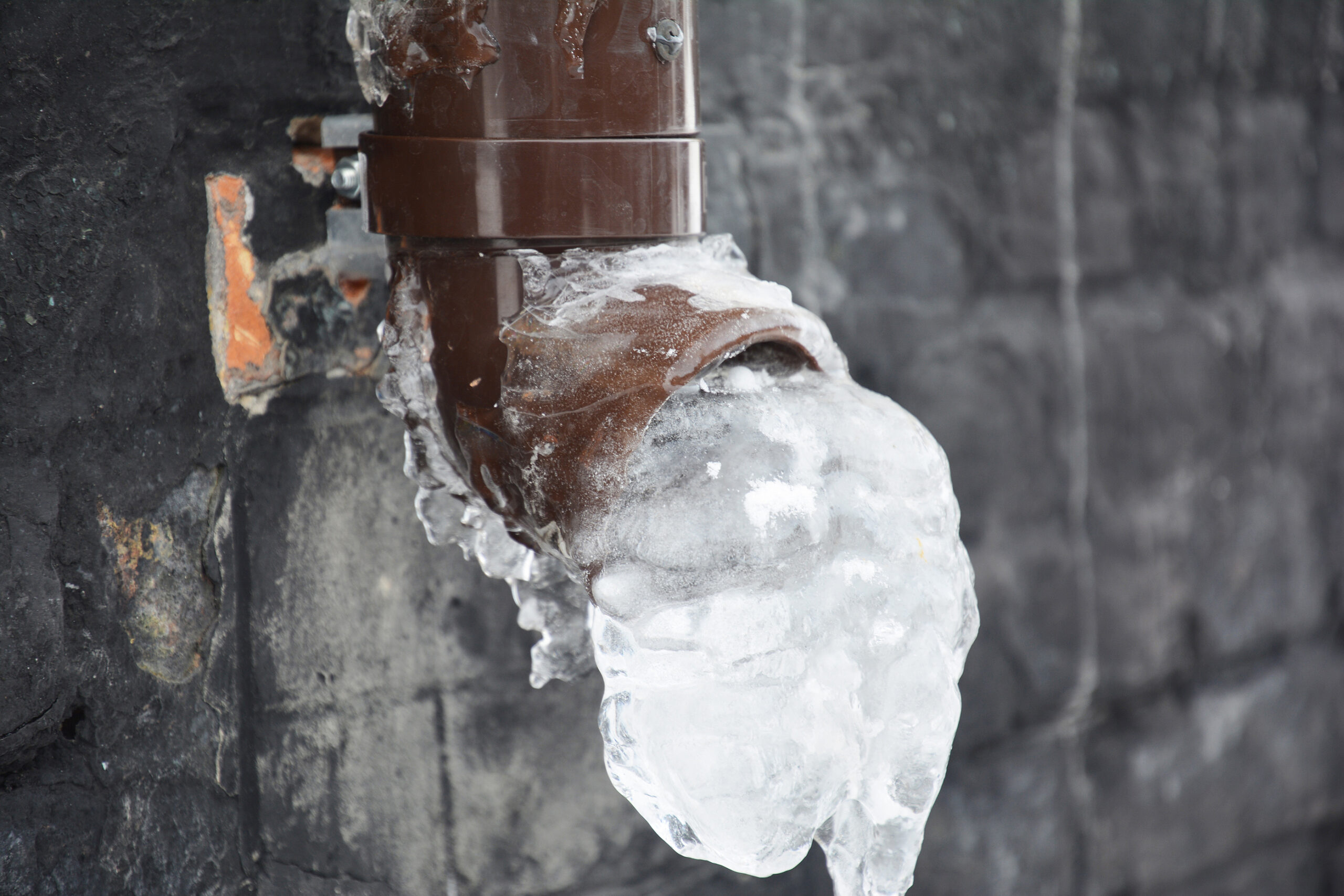Essential Tips to Prevent Frozen Plumbing in Winter: Expert Insights
Essential Tips to Prevent Frozen Plumbing in Winter: Expert Insights
Blog Article
How do you actually feel about How To Avoid Freezing Pipes?

Cold weather can ruin your pipes, particularly by freezing pipelines. Right here's exactly how to avoid it from occurring and what to do if it does.
Introduction
As temperature levels decline, the danger of frozen pipelines boosts, possibly bring about pricey repairs and water damage. Comprehending exactly how to stop icy pipes is crucial for homeowners in chilly environments.
Understanding Icy Pipelines
What causes pipes to ice up?
Pipelines ice up when revealed to temperature levels listed below 32 ° F (0 ° C) for expanded periods. As water inside the pipelines ices up, it broadens, putting pressure on the pipe walls and potentially triggering them to burst.
Threats and damages
Frozen pipes can result in water system interruptions, property damage, and pricey repair services. Burst pipelines can flooding homes and trigger substantial structural damage.
Signs of Frozen Piping
Determining icy pipelines early can avoid them from bursting.
Just how to determine frozen pipelines
Search for reduced water circulation from faucets, uncommon odors or sounds from pipelines, and visible frost on subjected pipes.
Prevention Tips
Insulating prone pipes
Wrap pipes in insulation sleeves or make use of warmth tape to shield them from freezing temperature levels. Focus on pipes in unheated or outside locations of the home.
Heating methods
Keep interior rooms effectively warmed, specifically locations with pipes. Open cabinet doors to permit cozy air to flow around pipes under sinks.
Securing Exterior Plumbing
Garden hose pipes and exterior taps
Disconnect and drain pipes garden hoses prior to winter months. Mount frost-proof faucets or cover outdoor taps with insulated caps.
What to Do If Your Pipes Freeze
Immediate activities to take
If you believe frozen pipelines, maintain faucets open up to eliminate pressure as the ice thaws. Utilize a hairdryer or towels taken in hot water to thaw pipes gradually.
Long-Term Solutions
Structural adjustments
Take into consideration rerouting pipelines away from exterior walls or unheated locations. Include added insulation to attics, cellars, and crawl spaces.
Updating insulation
Invest in high-grade insulation for pipes, attics, and walls. Appropriate insulation helps maintain consistent temperature levels and reduces the danger of icy pipelines.
Final thought
Stopping frozen pipelines needs positive actions and fast reactions. By recognizing the reasons, indications, and preventive measures, property owners can safeguard their pipes during cold weather.
Helpful Tips to Prevent Frozen Pipes this Winter
UNDERSTANDING THE BASICS: WHY PIPES FREEZE AND WHY IT’S A PROBLEM
Water freezing inside pipes is common during the winter months, but understanding why pipes freeze, and the potential problems it can cause is crucial in preventing such incidents. This section will delve into the basics of why pipes freeze and the associated problems that may arise.
THE SCIENCE BEHIND FROZEN PIPES
When water reaches freezing temperatures, it undergoes a physical transformation and solidifies into ice. This expansion of water as it freezes is the primary reason pipes can burst. As the water inside the pipe freezes, it expands, creating immense pressure on the walls. If the pressure becomes too great, the pipe can crack or rupture, leading to leaks and water damage.
FACTORS THAT CONTRIBUTE TO PIPE FREEZING
Low Temperatures: Extremely cold weather, especially below freezing, increases the risk of pipes freezing. Uninsulated or Poorly Insulated Pipes: Pipes located in unheated areas, such as basements, crawl spaces, or attics, are more prone to freezing. Insufficient insulation or lack of insulation altogether exacerbates the problem. Exterior Wall Exposure: Pipes running along exterior walls are susceptible to freezing as they encounter colder temperatures outside. Lack of Heating or Temperature Regulation: Inadequate heating or inconsistent temperature control in your home can contribute to frozen pipes. PROBLEMS CAUSED BY FROZEN PIPES
- Pipe Bursting: As mentioned earlier, the expansion of water as it freezes can cause pipes to burst, resulting in significant water damage.
- Water Damage: When pipes burst, it can lead to flooding and water damage to your property, including walls, ceilings, flooring, and personal belongings.
- Structural Damage: Prolonged exposure to water from burst pipes can compromise the structural integrity of your home, leading to costly repairs.
- Mold and Mildew Growth: Excess moisture from water damage can create a favorable environment for mold and mildew growth, posing health risks to occupants.
- Disrupted Water Supply: Frozen pipes can also result in a complete or partial loss of water supply until the issue is resolved.
WHY CERTAIN PIPES ARE MORE PRONE TO FREEZING
- Location: Pipes located in unheated or poorly insulated areas, such as basements, crawl spaces, attics, or exterior walls, are at higher risk of freezing.
- Exterior Pipes: Outdoor pipes, such as those used for irrigation or exposed plumbing, are particularly vulnerable to freezing as they are directly exposed to the elements.
- Supply Lines: Pipes that carry water from the main water supply into your home, including the main water line, are critical to protect as freezing in these lines can affect your entire plumbing system.
- Underground Pipes: Pipes buried underground, such as those connected to sprinkler systems or outdoor faucets, can be susceptible to freezing if not properly insulated.
https://busybusy.com/blog/helpful-tips-to-prevent-frozen-pipes-this-winter/

I came across that blog post on Helpful Tips to Prevent Frozen Pipes this Winter while doing a search on the search engines. Sharing is nice. Helping others is fun. Thanks a bunch for being here. Don't forget to check our blog back soon.
Book Your Service Report this page